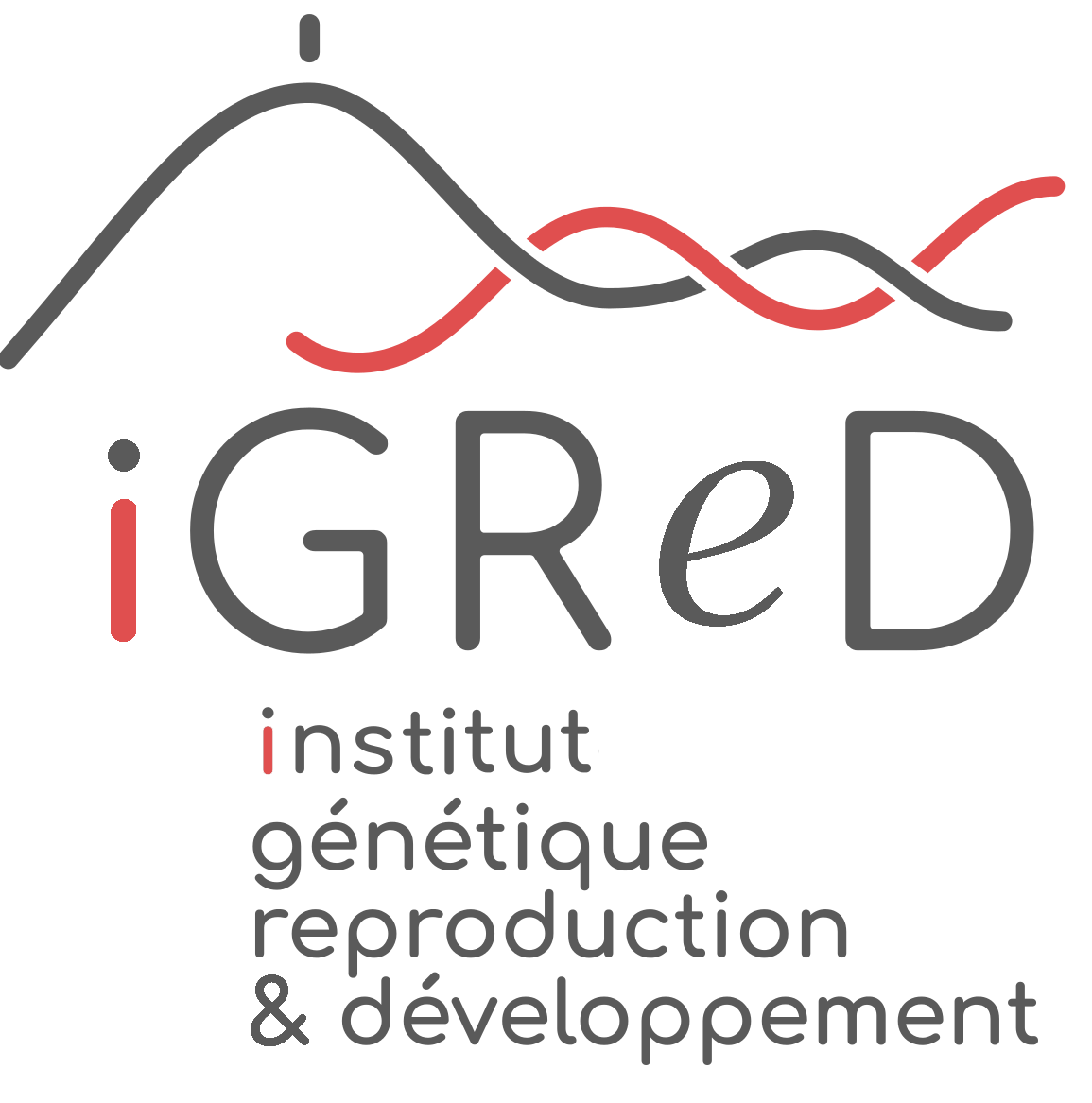iGReD - NuReP – Nuclear Receptor and Pathophysiology
Published on August 23, 2021 – Updated on August 23, 2021
The research activity of our group aims to better understand the consequences of cholesterol metabolism deregulation in the initiation, promotion and development of prostate cancer (CaP). Thus, our research activity focuses on the metabolic reprogramming of prostate tumors at each stage of the disease.
Lab

Institut de Génétique Reproduction et Développement - iGReD
INSERM U1103 CNRS6293 Université Clermont Auvergne
Centre de Recherche et de Biologie Clinique - CRBC
28, Place Henri Dunant
63000 Clermont-Ferrand